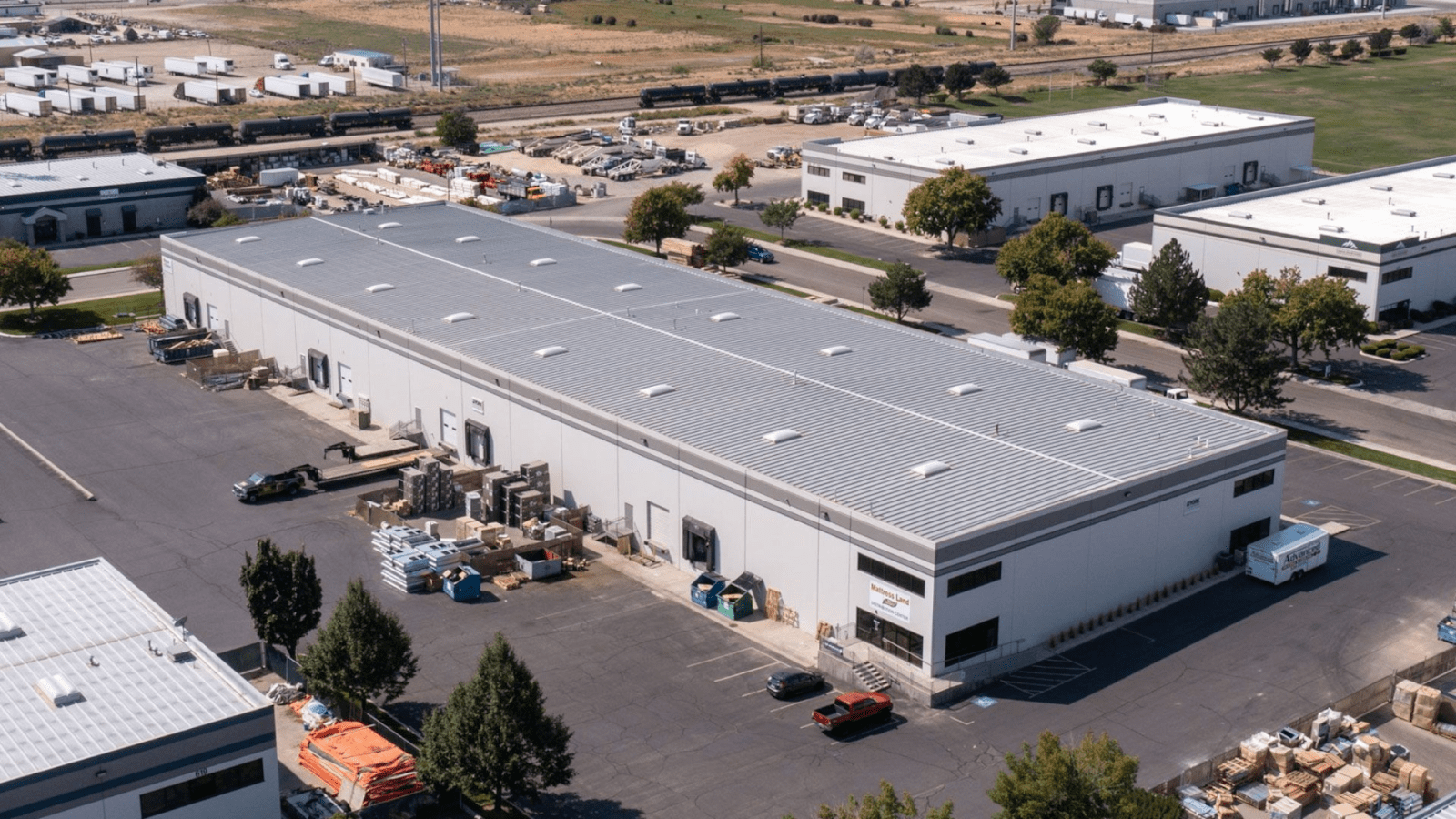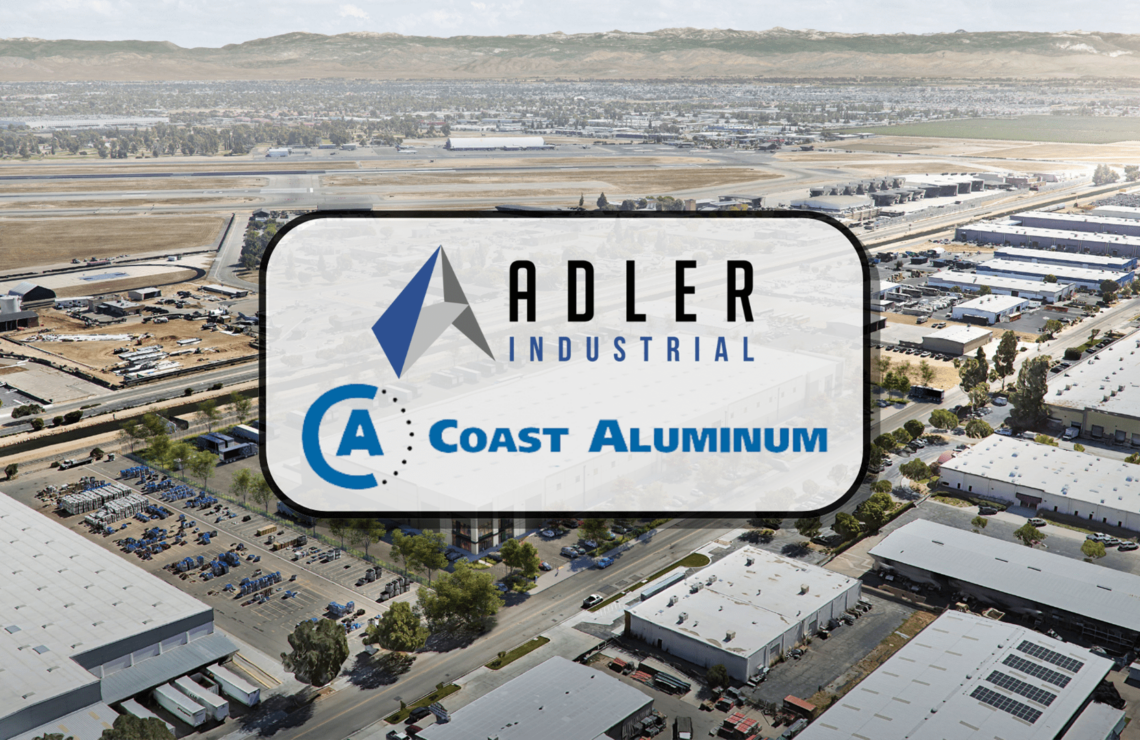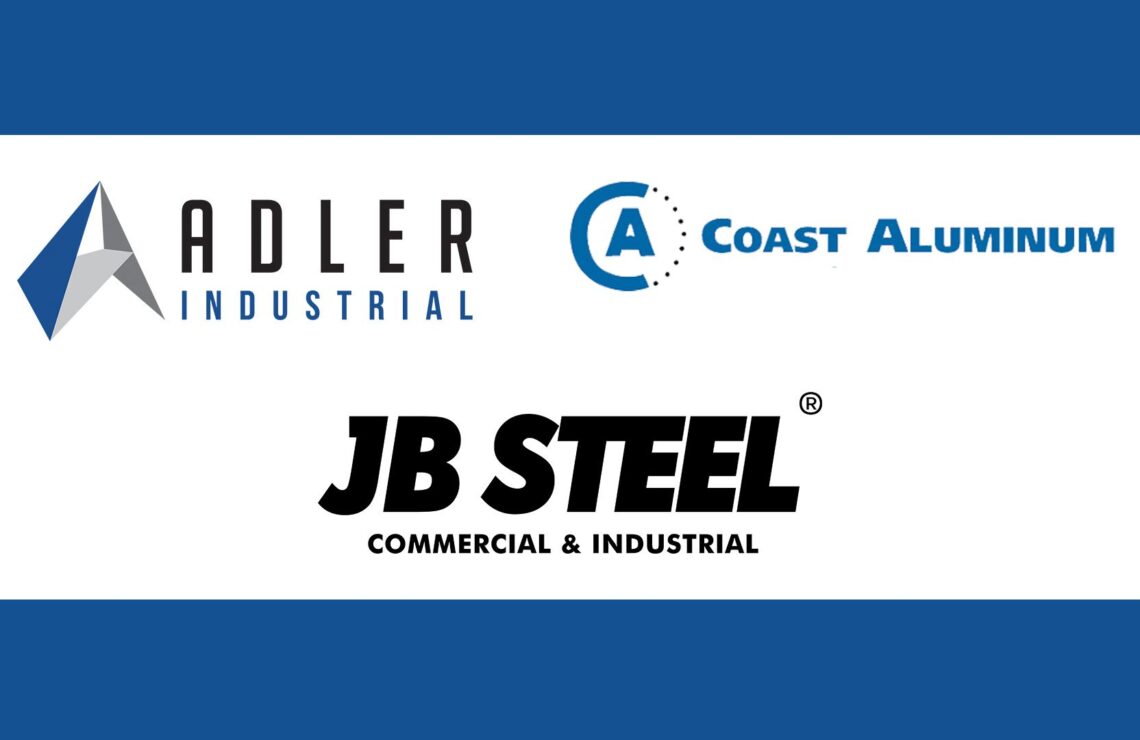Finding the right industrial property for lease isn’t just another business decision—it’s a critical step that can shape the future of your company. Maybe you’re navigating growth, or perhaps your current space just isn’t cutting it anymore. Whatever the reason, the process can feel daunting. After all, it’s more than just square footage; it’s about securing a space that aligns with your unique operational needs. Whether you’re concerned about location, logistics, or simply ensuring you’re making the smartest investment, understanding how to choose the right space can set you up for long-term success. Let’s break down the process so you can confidently make the best choice for your business.
Assessing Your Business Needs
Before beginning your search for industrial space, it’s important to have a clear understanding of your business’s specific requirements. One of the first things to consider is how much space you actually need. This involves thinking about your current operations as well as any plans for future growth. Will you need additional square footage for storing inventory, housing equipment, or expanding your workforce? Also, consider any specialized requirements for your operations. For example, if your business handles hazardous materials or requires temperature-controlled storage, you’ll need a facility equipped with the proper infrastructure.
Equally important is the need for easy access to the property. Depending on the nature of your business, you might require 24/7 access or specific security measures, such as gated entry or surveillance. Think about your hours of operation, the safety of your products, and any other access-related considerations. Additionally, don’t forget to evaluate your workforce’s needs. A location that’s convenient for your employees to commute to can have a big impact on productivity and job satisfaction.
Location: A Critical Factor
Location is one of the most vital aspects of choosing an industrial property. Being in the right area can save you both time and money in the long run. For businesses that rely on regular shipments, proximity to major highways, rail lines, or ports is key. The right location can streamline your logistics, reduce shipping costs, and minimize delays. Likewise, having suppliers and customers nearby can enhance business relationships and help ensure that deliveries and distributions happen smoothly.
Beyond logistics, local zoning laws and regulations must be considered. Not all areas are zoned for industrial use, so confirming that the space aligns with legal requirements is crucial. Another important aspect is the area’s general infrastructure. Does the location have reliable utilities, such as water, electricity, and internet? Finally, consider your employees when choosing a location. Easy access to public transportation or highways can reduce commuting time and make the space more appealing to prospective hires.
Evaluating Property Condition
Once you’ve narrowed down a few potential properties, evaluating their condition becomes a priority. Many industrial spaces may seem perfect at first glance but could be hiding costly issues like structural damage or outdated utilities. Carefully inspect the property to ensure it’s in good working condition. Check for signs of wear, such as water damage or cracks in the foundation, which may lead to future expenses.
The building’s infrastructure is also crucial. Modern machinery often requires specific power capacities and utilities, so it’s essential to make sure the building is equipped to meet your business’s demands. Furthermore, the safety of the facility should not be overlooked. Make sure the property complies with local safety regulations, including functioning fire alarms, sprinklers, and emergency exits. Lastly, consider whether the space allows for easy modification or expansion. Some properties might require extensive renovations to meet your specific needs, which could delay your operations or lead to unexpected costs.
Understanding Lease Terms
Lease agreements for industrial properties can vary greatly depending on factors like the location, size of the space, and the length of the lease. Therefore, it’s important to carefully review and negotiate terms that are favorable for your business. The length of the lease is often one of the most significant considerations. Industrial leases tend to be longer than commercial leases, offering stability, but they can also lock you into a space for an extended period. If your business’s needs are likely to change in the near future, flexibility in the lease terms could be a priority.
It’s important to review the total costs involved in the lease. Beyond the base rent, many leases include extra expenses like maintenance, insurance, and property taxes. Understanding these costs upfront will give you a clear picture of what you’ll actually be paying each month. You’ll also want to clarify who is responsible for the upkeep and maintenance of the property. Some leases require the tenant to maintain the roof, HVAC systems, or parking lot, which could become a significant financial responsibility. Lastly, make sure the lease includes renewal options and terms that align with your long-term business goals.
Why do you need to understand Market Conditions?
It’s also essential to understand the local market conditions before committing to an industrial lease. The local economy, vacancy rates, and comparable lease prices can give you a good sense of what to expect. In areas with low vacancy rates, you may find higher rental prices, but this can also indicate a healthy local economy with strong business demand. On the other hand, areas with high vacancy rates might offer more affordable options, but there could be challenges, such as slower business growth or fewer suppliers in the area.
Conducting a thorough market analysis can also provide insight into comparable properties and their rental prices. This will help ensure you’re getting a fair deal and not overpaying for your space. Additionally, keeping an eye on local economic trends can help you predict whether the area will continue to develop and whether leasing a property there will be a good long-term investment for your business.
Planning for Future Growth
One of the most common mistakes businesses make when leasing industrial space is not planning for future growth. While it’s tempting to focus solely on your immediate needs, considering how your business might expand over the next few years is essential. The property you choose should be able to scale with your business, whether that means accommodating new machinery, additional employees, or more storage. If your company grows faster than expected, will the space allow for easy expansion, or will you have to move again?
If you’re unsure about the rate at which your business will grow, choosing a lease with flexible options can be a smart strategy. Consider a location that allows for future modifications or additional space if needed. Planning for the long term will save you the hassle of relocating too soon and allow your business to expand without interruption.
Trust Adler Industrial to Help You Find the Perfect Space
Choosing the right industrial property for lease is a complex but important process that can significantly affect your business’s success. By taking the time to assess your business needs, carefully evaluate the location and condition of the property, and fully understand the lease terms, you’ll be well-positioned to make a smart decision. Staying informed about local market conditions and planning for future growth will help you find a space that serves your business now and in the years to come.
At Adler Industrial, we specialize in helping businesses find the ideal industrial properties to meet their needs. With a wide range of options across prime locations and flexible leasing terms, we make the process easy and stress-free. Whether you’re looking for a large distribution center, a small warehouse, or something in between, we have the expertise and experience to guide you through every step of the process.
Visit Adler Industrial today to learn more about our available properties, or contact us directly to discuss your specific needs. We look forward to helping you find the perfect space to support your business’s growth and success!




